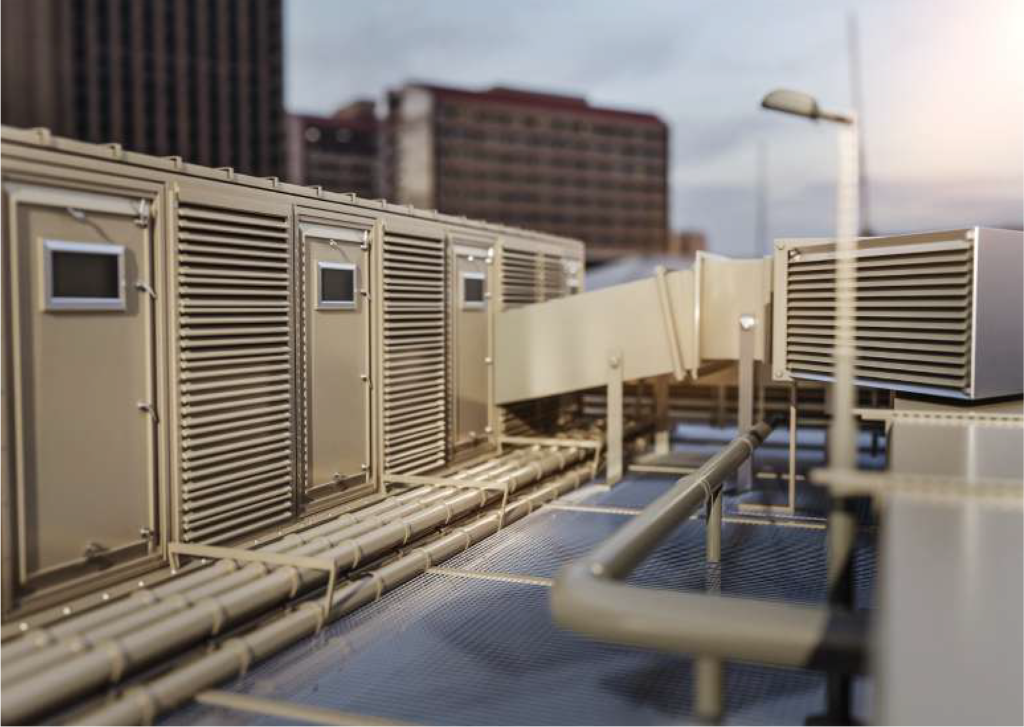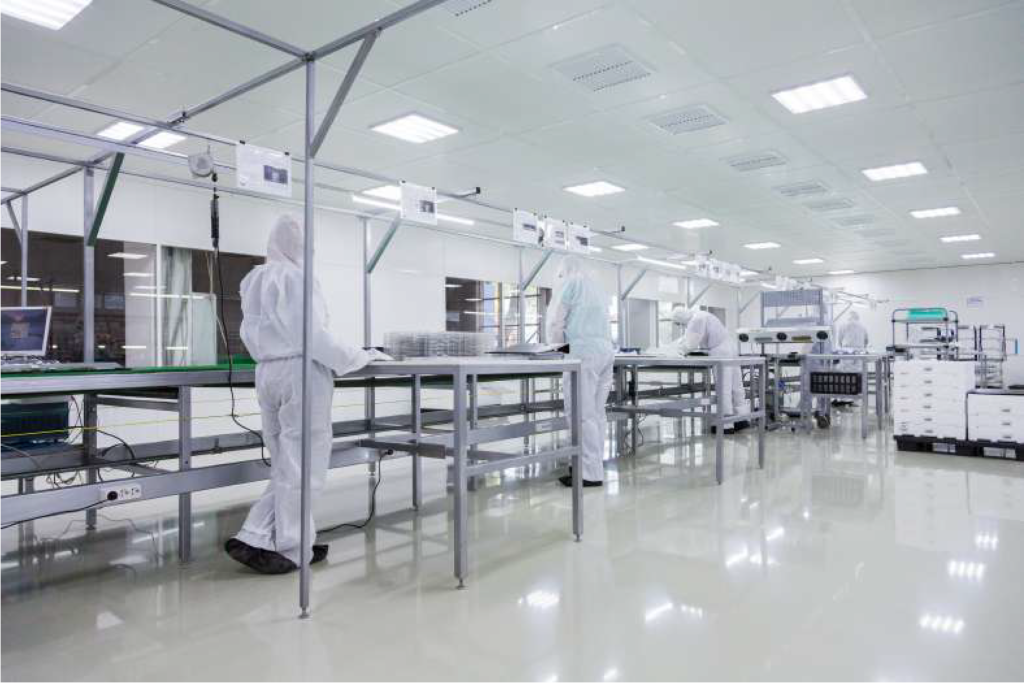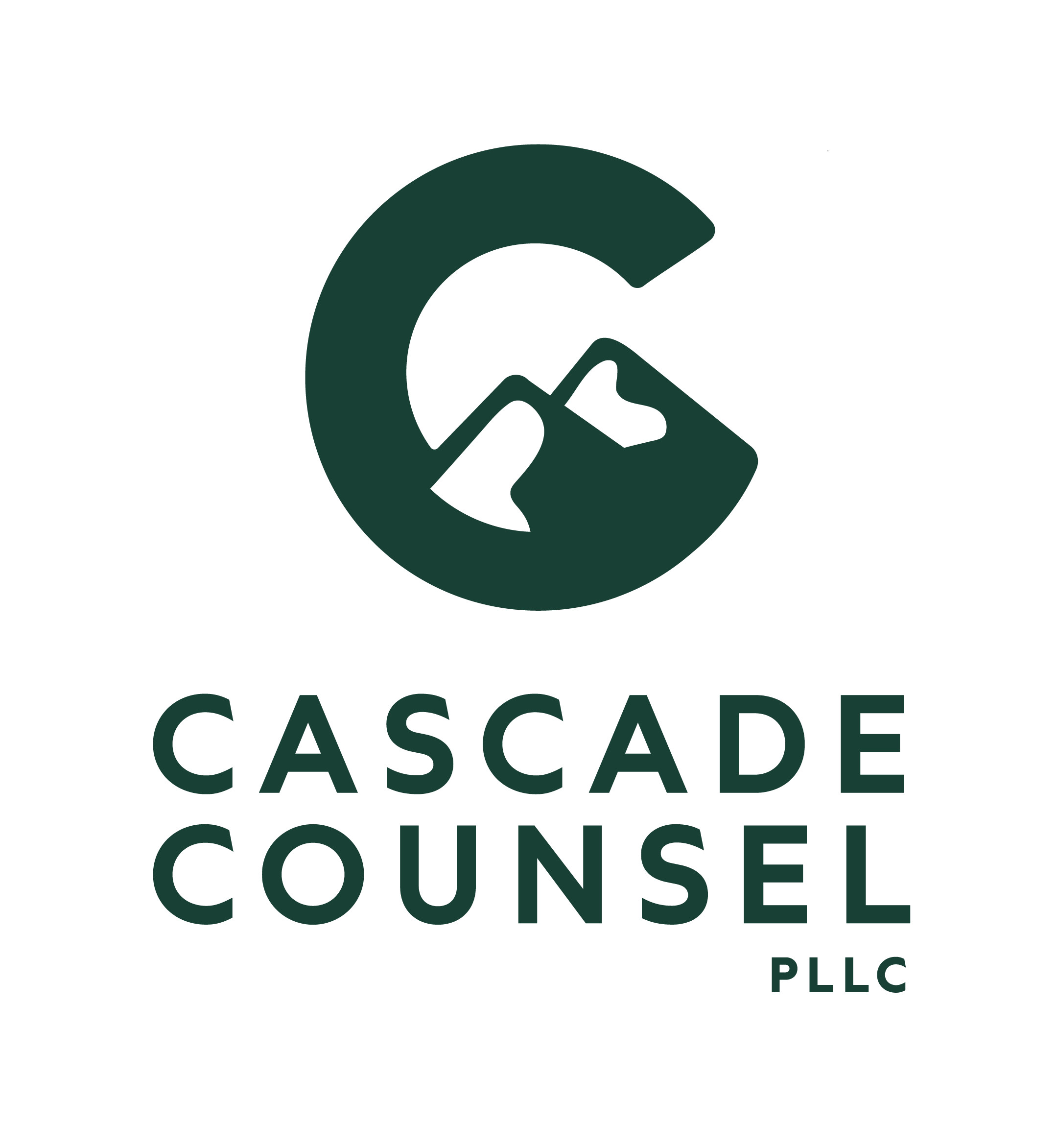Leasing Your First Office
First Office Lease
Legal Expertise for Business Owners
Secure your first office lease with tailored legal guidance designed to safeguard your business and future growth
Essential Terms and Considerations
in Leasing Your First Commercial Space
Leasing a commercial space is a big step for any business. Unlike their residential counterparts, commercial leases can vary significantly by industry, offer fewer legal protections, and can require complex negotiation. Key factors to consider include lease terms, costs, tenant responsibilities, and flexibility. Understanding these essentials can help you secure a lease that fits your business needs and budget. This overview covers key considerations for first-time commercial renters and the role of legal representation in safeguarding their interests.


The Basics
A commercial lease includes basic terms like the parties, lease dates, space details, and deposit. It also has unique terms that won’t be found in residential leases, like buildout plans, common area maintenance (CAM) charges, rent calculations, renewal terms, insurance, and personal guarantees.

Some Legal Differences
Unlike residential tenants, commercial tenants don’t have the same tenant rights as under the Residential Tenant Act. For instance, the warranty of habitability (RCW 59.18.060) doesn’t apply, so maintenance responsibilities or system guarantees need to be explicitly stated in the lease. Commercial leases, often longer than a year, are more likely to contain rent escalations and renewal options. Additionally, if a landlord leases to a new business entity, a personal guarantee is often required. This means personal liability persists even if the business changes control, unless specified otherwise.
What Industry-Specific Terms Can You Come Across
Commercial leases are designed to meet various business needs, unlike residential leases, which cover basic living spaces. Businesses may require features like customer access, food service areas, loading docks, or special licenses, so lease terms are customized accordingly—Some of these features may even be mandated by local codes. Examples include:
Ex: Ventilation and Exhaust Systems for Restaurants
Restaurants need proper kitchen ventilation for heat, odors, and fire safety. Leases often include terms for equipment use, grease traps, waste disposal, and food licenses to protect both tenants and landlords.


Ex: Noise Related Adjustments for Creative Studios
Recording studios need soundproofing, privacy, and security. Leases may include terms preventing landlords from renting nearby spaces to noisy or high-traffic businesses. For example, a studio may negotiate restrictions against leasing adjacent units to nightclubs, fitness centers, or construction companies to maintain a quiet environment.
Ex: Industry-Specific Adjustments for Medical Facilities
Medical offices, such as therapy clinics, dental practices, and aesthetics centers, often require specialized infrastructure, including enhanced electrical, plumbing, and waste disposal systems. Additional needs may include backup power, telecom redundancy, loading docks, ambulance bays, and security measures to support operations.


Ex: Licensing Requirements
Landlords may also conduct due diligence to ensure tenants maintain necessary licenses for their profession, or business. This is especially important for new ventures seeking major buildouts or landlord concessions for capital improvements because a landlord will not want to risk their capital and rental income on a business that is not licensed to operate.
What Buildout Terms Can You Put Forward?
Commercial leases frequently include build-out terms that outline construction modifications to suit the tenant’s business needs. Landlords may permit tenants to make improvements or offer build-to-suit options and incentives. Tenants should pay special attention to:

Improvement Responsibilities
Tenants should clarify who will perform the work, their accountability, financial responsibilities, bids, and who bears responsibility for improvements and any cost overruns or delays.

Timeline
For extensive improvements, a clear timeline is crucial since neither party benefits from idle space. Timely completion benefits both landlord and tenant. If delays occur, it's important to address who is responsible and how it impacts lease terms, including rent and lease dates.

Ownership and Termination
Tenants should clarify their rights to ownership, removal rights, and resale of improvements. Landlords may secure an interest in these upgrades to maintain the space’s appeal for future tenants.
Some Commercial Lease Jargon

Assignability
This term allows a tenant to transfer their lease to another party. Options for assignments can be particularly valuable if a business changes direction, re-size, relocate, or restructure.

Participation
Some retail leases include a base rent plus a percentage of sales, allowing landlords to share in the tenant's success—These clauses are referred to as percentage rent, or participation. New tenants may use this to negotiate lower base rent and fixed costs.

Personal Guarantees
Personal guarantees holds business owners personally responsible for lease obligations, providing assurance to landlords in case of bankruptcy or default. Additionally, lease agreements should clarify whether the guarantee extends to lease assignments, ensuring that the original guarantor remains or is released from liability if the lease is transferred to another party.

Stepped rent
Stepped rent, or a step-up lease, means scheduled rent increases by a fixed amount, percentage, or formula over time during a lease term, often used in renewal options. A similar concept is a rent escalator, which is a rent increase that happens based on an event, such as a cost increase.

Abstract
Commercial leases are often long and detailed. A lease abstract is a relatively brief executive summary of key terms, making it easier to review and compare offers quickly.
Disclaimer
This article is provided for informational, educational, and marketing purposes only and does not constitute legal advice. The content is current as of its publication or last review and may not reflect the latest legal developments. Do not rely solely on this information—consult a qualified attorney regarding your specific situation.
Protect Your Business with a Lease
A lease is often a new business’s largest expense, and due to its complexity, duration, and cost, it’s crucial to get it right. At Cascade Counsel, we understand the challenge and urgency for new business owners. For assistance with reviewing or negotiating your commercial lease, contact Cascade Counsel for a lease abstract and consultation.

